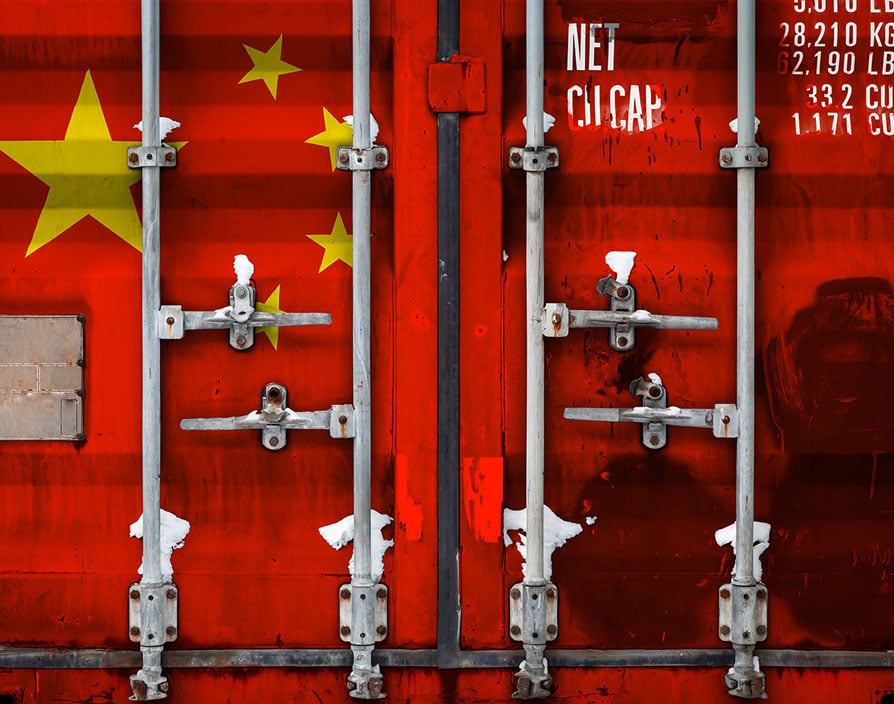The e-commerce of low-cost products has expanded rapidly in Europe. However, this growth in the volumes ordered has consequences for the EU, with market surveillance authorities claiming that such products increase safety concerns for consumers.
Thus, in a bold move to reshape its trade policy and protect its internal market, the EU has proposed the elimination of the €150 duty-free threshold for imported goods. The implications of this decision are far-reaching, aiming to address multiple challenges from the control of safety and quality of products to international trade dynamics.
Background of the €150 threshold
The €150 threshold for duty-free imports was initially established to simplify customs procedures and reduce administrative burdens on low-value goods. This threshold meant that goods imported into the EU with a value of less than €150 were exempt from customs duties, although VAT was still applicable. The rationale behind this policy was to facilitate small-scale cross-border shopping and support e-commerce by reducing the complexity and cost associated with customs declarations for low-value items.
Rationale for the measure
The EU authorities explain their decision to abolish the €150 threshold with the following reasons:
1. Combatting Poor-Quality Products: Removing the duty-free threshold would help ensuring that imported goods comply with EU regulations.
2. Compliance with ESG Standards: This measure would help ensure that the companies importing in the EU comply with their corporate sustainability obligations.
3. Addressing Competition Distortion: Chinese companies Temu, Shein and Aliexpress are particularly targeted by this measure. By abolishing the duty-free allowance, the EU intends to put them on an equal footing with EU companies.
4. Protection of EU Companies: European businesses often struggle to compete with low-cost imports that benefit from the duty-free threshold. Eliminating this threshold would provide greater protection to domestic industries.
5. Increase in Customs Revenues: The abolition of the duty-free threshold is also expected to boost customs revenues, providing additional funds that can be reinvested in various EU initiatives and public services.
Impact on trade relations with China
The EU’s decision comes at a time of tense trade relations with China. Indeed, in the first half of 2024, the EU announced additional customs duties on Chinese electric vehicles, still citing concerns over state subsidies that would distort competition. This move reflects broader concerns about Chinese trade practices and their impact on European markets.
Chinese companies have often adapted quickly to regulatory changes, and this situation is no different. They may shift strategies to mitigate the impact of new tariffs, such as relocating production or adjusting pricing models. However, the imposition of duties on all imports could significantly affect the volume and value of goods imported from China, potentially leading to higher prices for EU consumers.
There is also a risk that China retaliates against European exports, creating further strain on their already delicate trade relationship. Such retaliation could take various forms, from imposing tariffs on European goods to more subtle regulatory hurdles for European companies operating in China.
Conclusion
The end of the €150 duty-free threshold marks a significant shift in EU customs policy. By targeting imported low-value products, it aims to increase the probability of the product being compliant with EU standards, and that ESG standards are taken into account, while protecting domestic businesses and increasing customs revenues. This creates many concerns for the future of international trade and risks of discrimination according to the origin of the product, which is something that has been fought against for years.
The balance between protectionism and global trade cooperation is thin and the imbalance is easily reached. For instance, the French regulator has taken very stringent measures against marketplaces such as Wish or AliExpress. One can wonder if TikTok will be the next. TikTok has indeed developed new tools to facilitate e-commerce, such as TikTok Shop and TikTok Ads. This innovation, while boosting consumer convenience, has already caught the attention of some regulators, in particular in the United States.

François Leao is a trainee in the Paris office of Signature Litigation.
Share via:










































